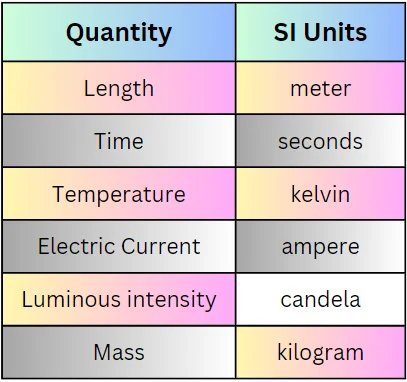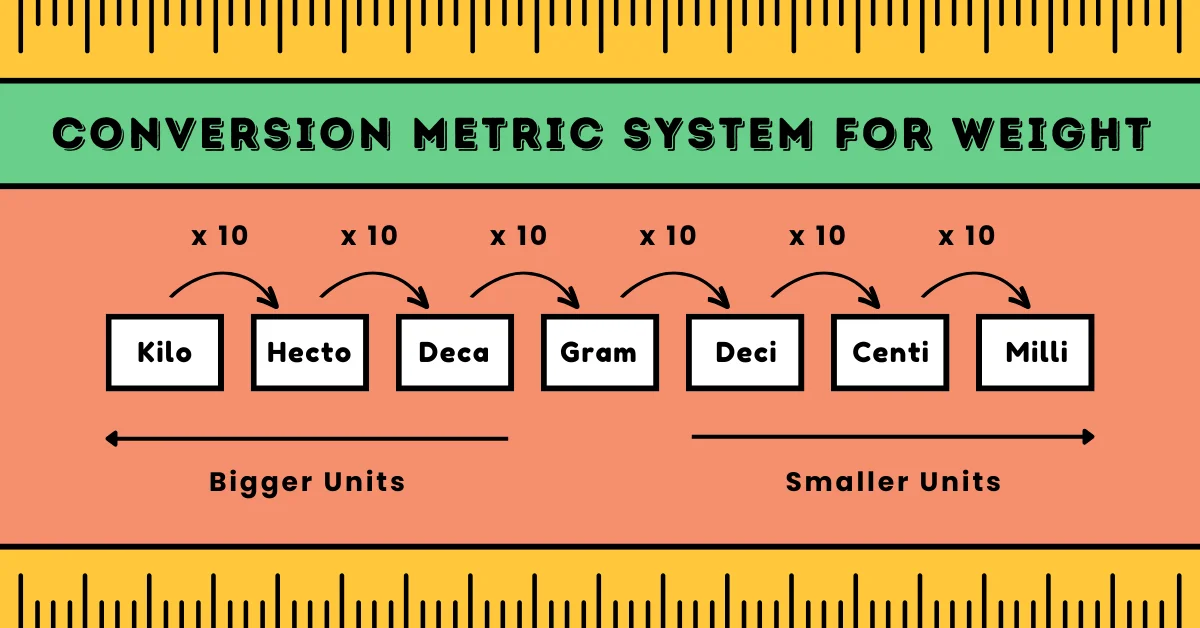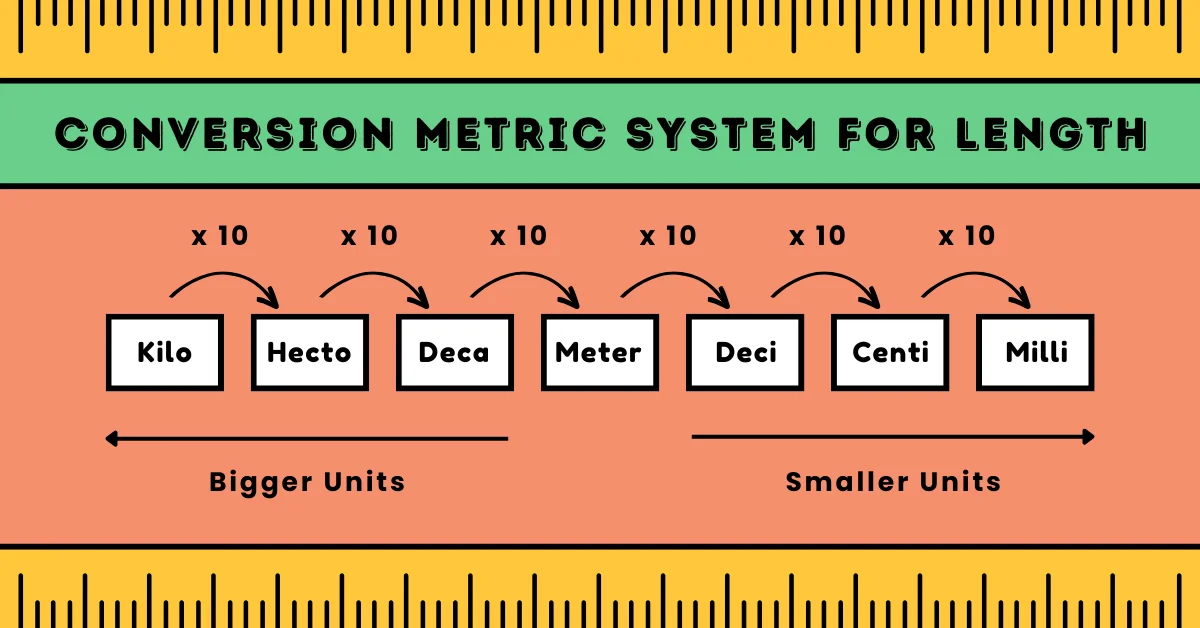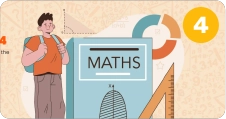Have you ever wondered how many centimeters make up a kilometer or how many milliliters are there in one liter? The Metric System is an internationally recognized decimal system of measurement that is used in almost every part of the world. It provides a consistent and coherent framework for measuring quantities such as length, mass, volume, and temperature. The system is based on units of ten, making conversions between different units straightforward and efficient.
The Metric System was first introduced in France in the late 18th century and has since become the standard system of measurement in science, industry, and everyday life.
The metric system is widely used in science, medicine, and many countries around the world. It is based on the powers of ten, making it a logical and consistent system for measuring length, mass, volume, and temperature. In this blog, we will explore the basics of the metric system, including its units, prefixes, and conversions.
Recommended Reading: Navigating the World of Matrix Math Problems: A Comprehensive Guide
Metric Units
The Metric System consists of a set of base units from which all other units are derived. Some of the key base units in the Metric System include:
Meter (m):
The unit of length, used to measure how long or wide or tall an object is.
Gram (g):
The unit of mass, used to measure how heavy an object is, using instruments.
Liter (l):
The unit of volume, used to measure how much quantity of liquid an object can hold.

Metric Conversions
Converting different units in the Metric System is straightforward due to its decimal nature. To convert from one unit to another, you simply need to multiply or divide by powers of ten based on the prefixes involved. Here are some common conversion factors:
1 kilometer (km) = 1000 meters (m)
1 gram (g) = 0.001 kilograms (kg)
1 liter (L) = 1000 milliliters (mL)
When converting between units, it is important to pay attention to the prefixes and ensure that the units are consistent before performing the conversion.
Converting between metric units is a simple matter of moving the decimal point to the right or left based on the prefixes. For example, to convert 2.5 kilometers to meters, move the decimal point three places to the right, giving you 2,500 meters. To convert 0.005 grams to milligrams, you would move the decimal point three places to the left, giving you 5 milligrams.
Solved Examples on Metric System
Example 1: Convert 2500 meters to kilometers.
1 kilometer = 1000 meters
2500 meters = 2500/1000 kilometers (since 1 kilometer = 1000 meters)
= 2.5 kilometers
Example 2: Convert 4.5 kilograms to grams.
1 gram = 0.001 kilograms
4.5 kilograms = 4.5 x 1000 grams (since 1 kilogram = 1000 grams)
= 4500 grams
Example 3: Convert 800 milliliters to liters.
1 liter = 1000 milliliters
800 milliliters = 800/1000 liters (since 1 liter = 1000 milliliters)
= 0.8 liters
Example 4: Convert 5000 liters to milliliters.
1 liter = 1000 milliliters
5000 liters = 5000 x 1000 milliliters (since 1 liter = 1000 milliliters)
= 5,000,000 milliliters
Example 5: Convert 7 grams to kilograms.
1 kilogram = 1000 grams
7 grams = 7/1000 kilograms (since 1 kilogram = 1000 grams)
= 0.007 kilograms
Recommended Reading: What is unit rate? Example and FAQs
Conclusion
Every day, we measure weights, lengths, distances, etc. The system that is followed for such measurements is called the metric system.
Meter, liter, and gram are the basis of measurement for length, volume, and weight respectively. It provides a consistent and coherent framework for measuring quantities such as length, mass, volume, and temperature, making it an essential tool for a wide range of applications.
By understanding the Metric System and its units, conversions, and practical applications, you can easily work with different units of measurement in a variety of contexts.
Moonpreneur understands the needs and demands this rapidly changing technological world is bringing with it for our kids. Our expert-designed Advanced Math course for grades 3rd, 4th, 5th, and 6th will help your child develop math skills with hands-on lessons, excite them to learn, and help them build real-life applications.
Register for a free 60-minute Advanced Math Workshop today!


















